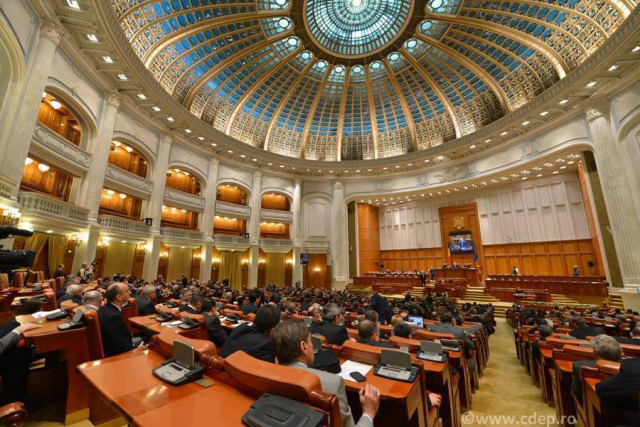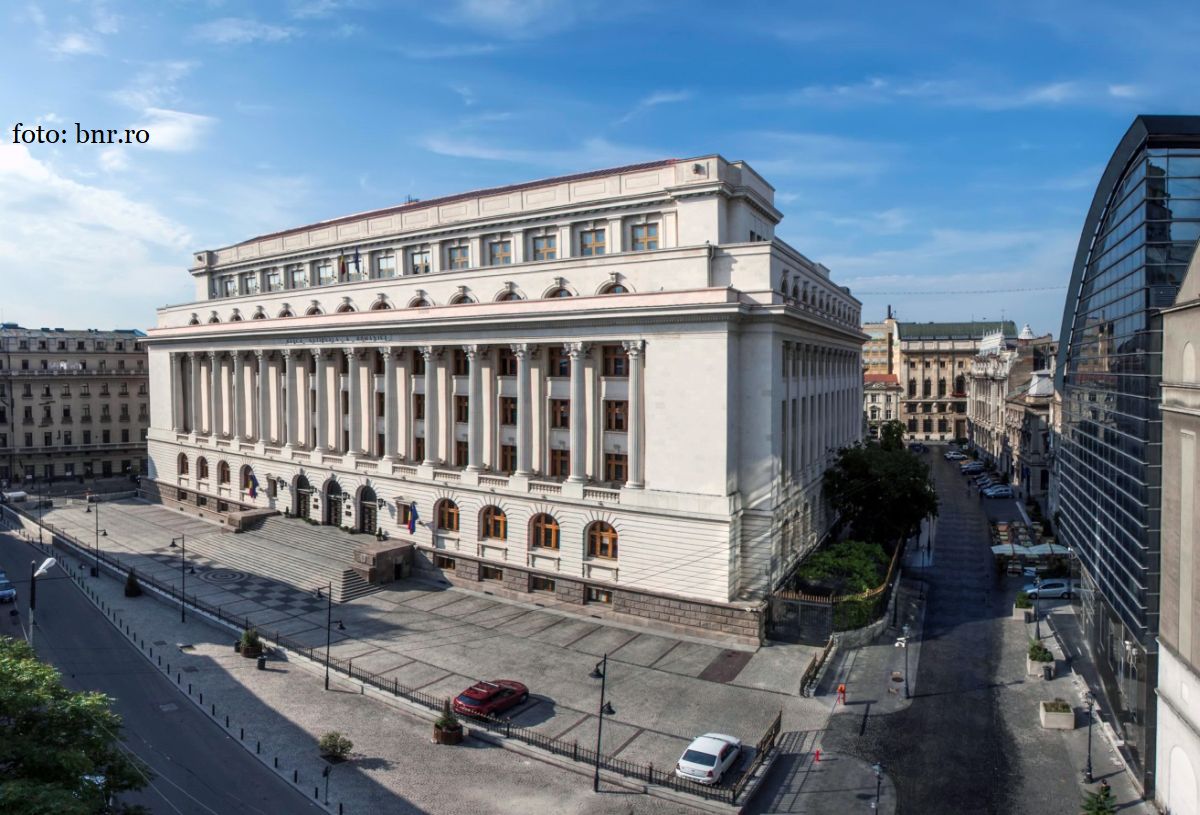Parliament passes the offshore law
The Chamber of Deputies has cast the final vote on amending the offshore law

Roxana Vasile, 19.05.2022, 14:00
With 248 votes in favor and 34 votes against, the Chamber of Deputies on Wednesday adopted the modifications brought to the offshore law, regulating the exploitation of natural gas in offshore deposits in the Black Sea and in low-depth pockets on land. This is perhaps the most important step towards achieving energy independence. Energy Minister Virgil Popescu said the new version of the law provides stability and predictability and ensures an investor-friendly tax system, at the same time protecting Romanian consumers and the countrys interests.
“Romanias royalty share will stand at some 13% of the additional income taxes and of corporate taxes. Romania will also benefit from additional jobs. And most importantly, it will become energy independent.”
The offshore law also allows the Romanian state to purchase the extracted natural gas before anyone else. The profit will be split 60% – 40% between the state and investors. The government will also be able to intervene in case of an energy crisis and redirect gas production towards domestic consumption. The project was also hailed by PSD and UDMR. Social-Democrat MP Alfred Simonis:
“Romania might become an important player that could start delivering gas when Putin turns it off. It will be able to ensure the necessary demand of Moldova, naturally not for free, as well as in case of Ukraine and other countries in the region and beyond.”
USR MPs in opposition voted the version tabled by the ruling coalition. AUR, on the other hand, criticized the lack of sanctions for economic operators, and hence voted against. Romania is currently the EU country with the lowest degree of reliance on Russian gas, and the second-largest producer of oil and gas at community level. Romania has large quantities of untapped natural gas deposits in the Black Sea. For years, economic analysts criticized the lack of strategic vision and legal uncertainty that prevented the exploitation of these resources. Once the offshore law is ratified, the situation will hopefully turn around. The total value of maritime natural gas stands at some 200 billion cubic meters, the largest quantity being located in the Neptune Deep offshore area, owned by the Romanian state-owned enterprise Romgaz and OMV Petrom. From there, the first quantities of gas are expected to be extracted in late 2026 or early 2027. In the Midia area, exploitation works are ongoing, meaning that the Black Sea Oil & Gas company will start extracting natural gas this year. The investment is expected to yield one billion cubic meters of natural gas per year. (VP)






























